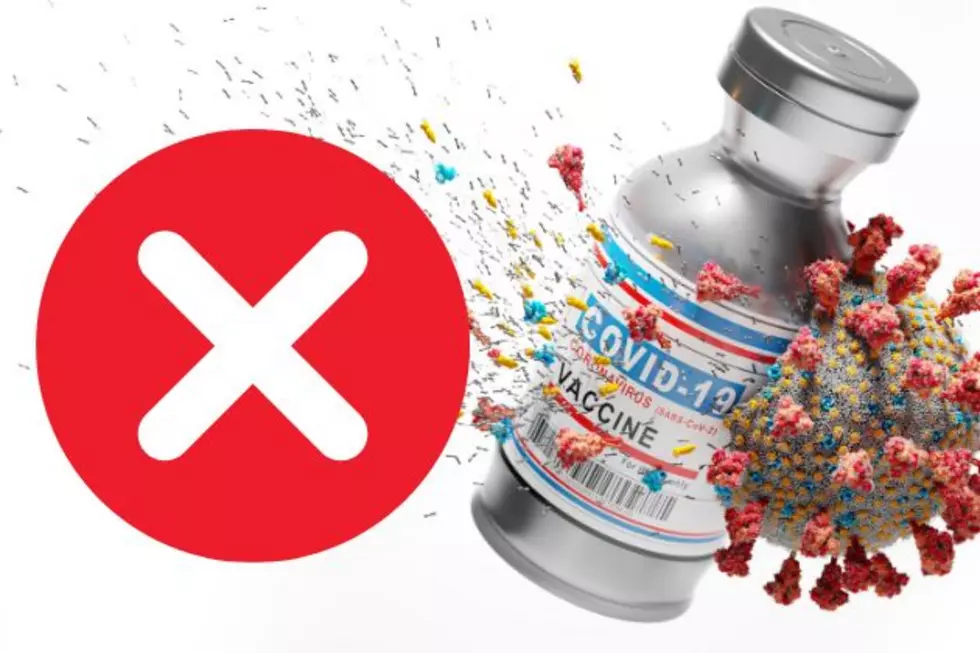
Rowan joins 3 other NJ universities in entrepreneurial ‘innovation hub’
GLASSBORO — Rowan University is the first institute of higher learning in South Jersey to latch on to a Princeton-led network whose goal it is to train teams of faculty members and students to bring their scientific ideas and innovations from the lab into the marketplace.
That distinction is not lost on Nidhal Bouaynaya, associate dean of research and graduate studies for the Henry M. Rowan College of Engineering.
Bouaynaya is Rowan's lead for the National Science Foundation Innovation Corps, or I-Corps, Northeast Hub.

"We will not only be training the Rowan community, but also the entire South Jersey community, and that includes and will impact the community colleges," Bouaynaya said. "Whether they have the product, the prototype, or not, or they just have the algorithm and some preliminary results, we want to train them."
Along with Princeton, Rutgers University and the New Jersey Institute of Technology are the other Garden State partners in the collective.
Innovators may have a sense of how their ideas might impact society, Bouaynaya said, but could be lacking in knowledge of the commercialization and customer discovery processes.
Part of I-Corps' mission is to independently evaluate an innovation to see if it has the potential to gain market share —getting people to take off their academic hats and put on business ones, as Bouaynaya put it.
That includes meeting with potential investors and even customers, with the goal of securing government funding or grants.
Bouaynaya did mention one initial failure in particular that hit home.
"The person who invented FM (radio) died, passed away, and FM was not marketable at all. It was disregarded," she said. "Startups fail not because the technology is not good. It's because there is no product to market fit, there is market for that technology."
Much of the work early on could be devoted to the COVID-19 crisis, as Bouaynaya observed how pharmaceutical companies like Pfizer and Moderna turned their entire research-and-development operations over to the virus in early 2020.
But other areas of focus, she said, include artificial intelligence analytics, health care, transportation infrastructure, and K-12 education.
Bouaynaya said the United States regularly invests billions of dollars in emerging technologies, but figuring out sooner whether they will be marketable or not could save a lot of that money.
After all, she said, the 21st century has proven more than ever how much we are an innovation-based economy.
Patrick Lavery is New Jersey 101.5's afternoon news anchor. Follow him on Twitter @plavery1015 or email patrick.lavery@townsquaremedia.com.
The 10 most-lobbied bills in Trenton in 2020 and 2021
9 amazing facts about lightning you probably didn’t know
LOOK: Here are the pets banned in each state
More From New Jersey 101.5 FM









